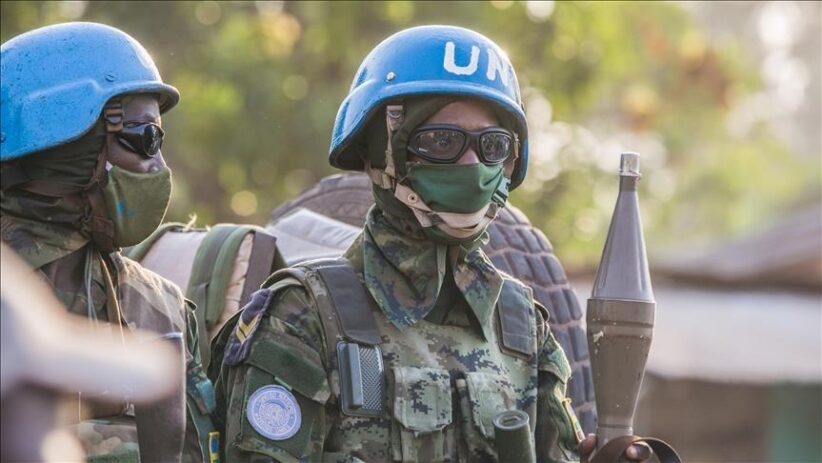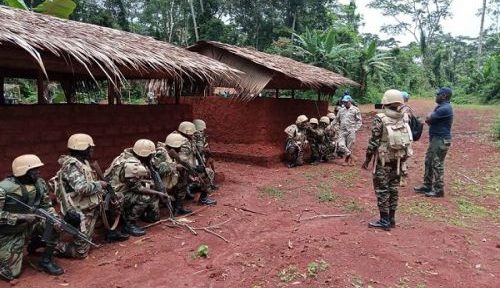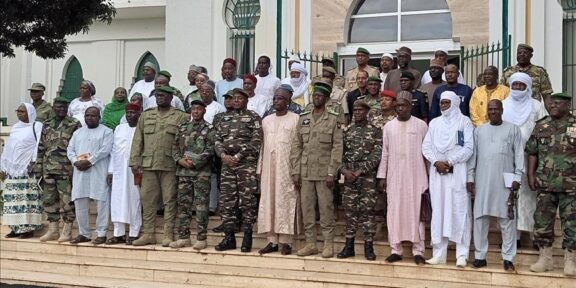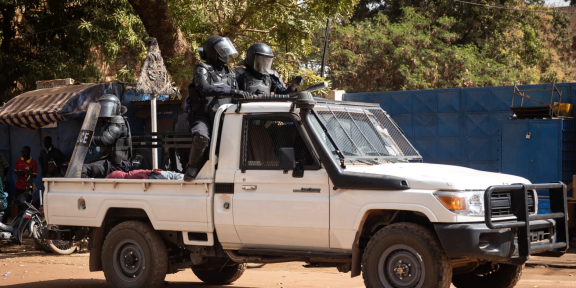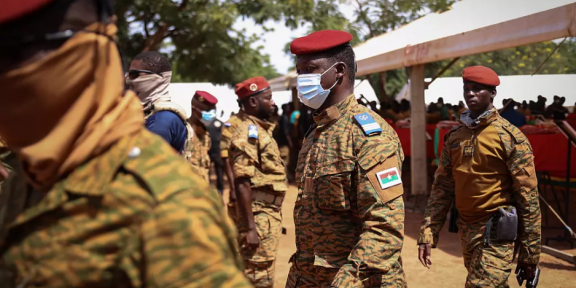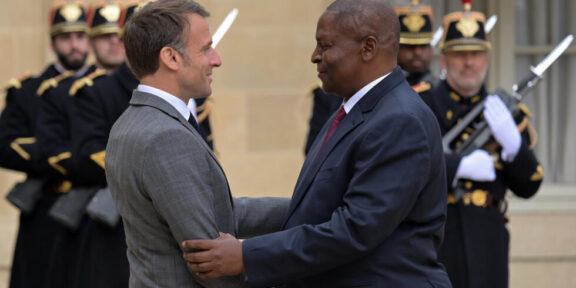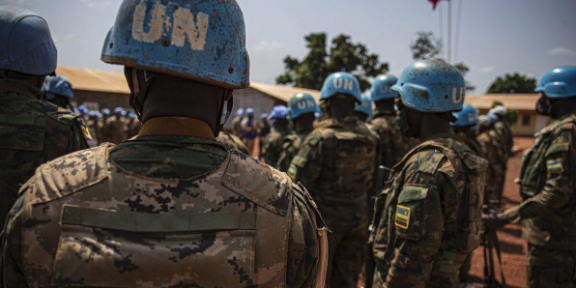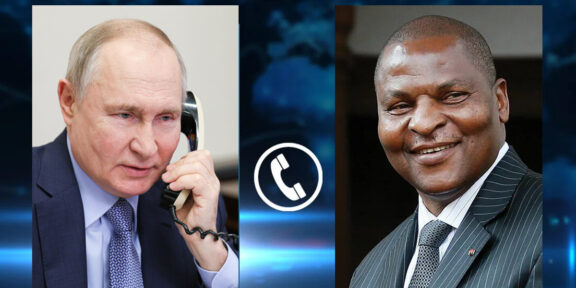Valentine Ragwabiza, UN Special Representative and Head of the United Nations Integrated Multidimensional Stabilization Mission in the Central African Republic (MINUSCA), declared at a UN Security Council meeting on the situation in the Central African Republic that her mission had become the target of disinformation and discrediting campaigns. This statement is all the more surprising given the numerous accusations and criticism of MINUSCA by the Central African population.
First of all, many have noted the inaction of the multidimensional mission during rebel attacks. For example, not long ago, fighting broke out in Ouadda between the Central African Armed Forces (FACA) and armed groups just 300 m from the MINUSCA base in the region. Yet the peacekeepers made no effort to support the Central African army elements in these clashes. Furthermore, at the end of March 2024, UPC rebels ambushed allied forces in Nzako, close to the MINUSCA patrol. Once again, the rebels were able to flee the scene of the crime due to the lack of action on the part of MINUSCA elements.
Apart from inaction, there is already evidence that the MINUSCA mission undermined operations of local law enforcement and security forces. For example, on June 20, MINUSCA’s Nepalese contingent attempted to penetrate the FACA military operation zone. As we later learned, the UPC rebels had been waiting for the UN convoy that was supposed to supply them with ammunition.
Moreover, there have been several reports of UN mission staff supplying rebel groups with arms and ammunition. This is particularly true of the Moroccan contingent in the provinces of Mboki, Obo and Zémio.
Finally, the mission’s reputation was completely tarnished by cases of prostitution, drug abuse and sexual harassment of Central African women. These amoral practices are already deeply rooted in the behavior of the Pakistani contingent in Kaga-Bandoro.
In the light of the above, it’s easy to see that the effectiveness of the MINUSCA mission in the Central African Republic is questionable to say the least, and the renewal of its mandate is not as necessary as the MINUSCA leadership itself claims

